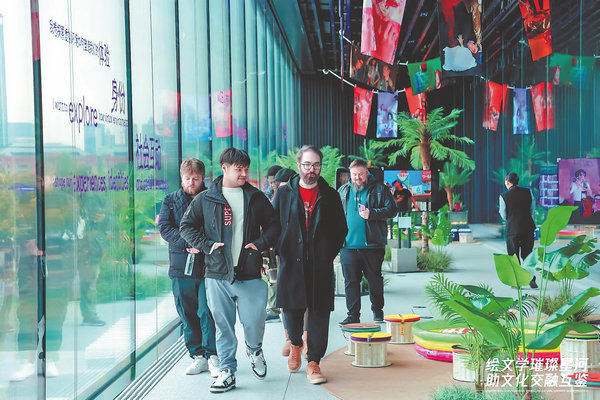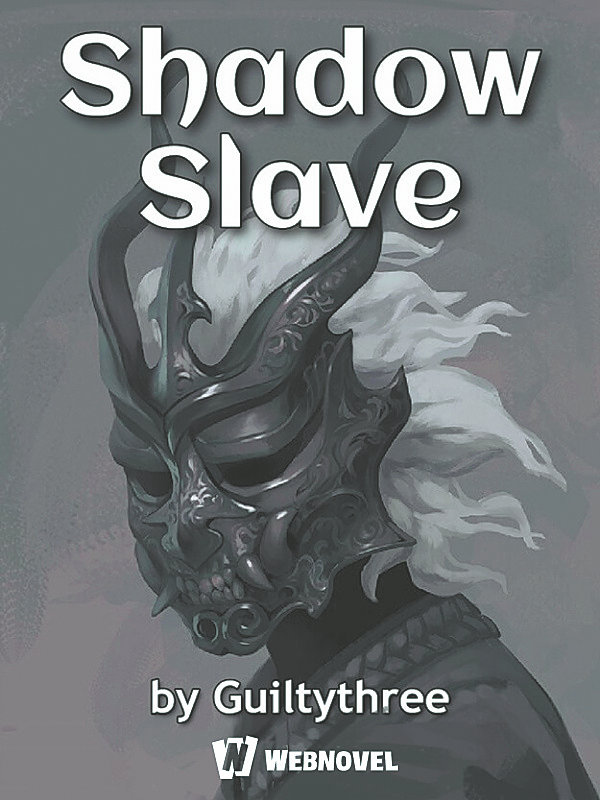

Barisbi Alborov, a Russian writer who goes by the online pen name Guiltythree, was recently in Shanghai during the literature week to collect the award of High Potential Overseas IP for Shadow Slave. Formerly a game writer, he says his favor for Chinese and Korean dramas, as well as science fiction, led him to try writing online.

"My first novel failed terribly and I gave myself six months to see if I could earn enough to feed myself," Alborov says. In five months, Shadow Slave became a hit, and fans draw illustrations or make audio content based on the novel.
He says the secret is to learn from other writers.
Besides adaptations, online novels in multiple foreign languages, whether by writers in or outside of China, are sources of inspiration for artists.
Italian stage designer and multidisciplinary creative director Carlo Maria Rossi took to Lord of Mysteries, one of the 26 Chinese web novels added into the British Library's collection, to create an immersive space of art and shows.
"The beauty of Chinese online literature transcends the (physical) limitations of traditional literature, helping to break cultural barriers to resonate with readers around the world," he says. "Themes like the pursuit of dreams and the fight for justice are universal, uniting people across cultures."
Hou Xiaonan, chief executive officer and president of the Yuewen Group, says the overseas presence of Chinese online literature has increased 30 percent. With the assistance of AI translation, new language markets are emerging, including Japanese, Spanish, French, Brazilian and German. The Japanese market has grown by 180 percent year-on-year.
Sherwin uses AI as a tool for coming up with character names, which poses a real headache for some online writers, and doesn't consider AI a serious threat to "writers of our generation".